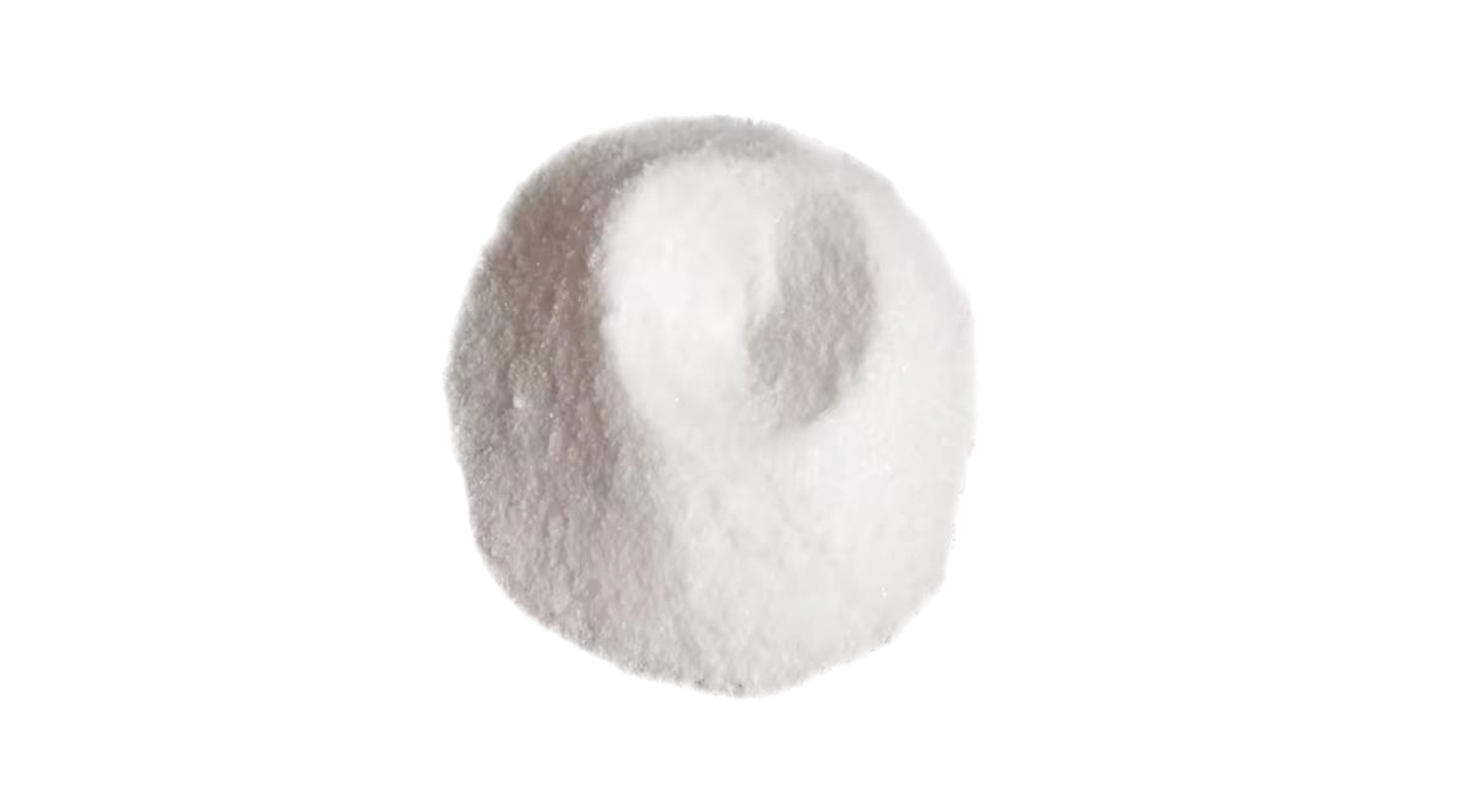We supply Potassium Chlorate, a strong oxidizer commonly used in the production of gunpowder, fireworks, matches, and other products. It decomposes at high temperatures to release oxygen and form potassium chloride, widely used in industrial and laboratory applications as a bleaching agent and oxidizing agent
- 500g × 20 bottles/case
Applications:
- Production of Explosives:
- Potassium chlorate is commonly used in the manufacture of explosives such as gunpowder and blasting agents. It acts as a powerful oxidizing agent, providing the necessary oxygen for combustion.
- Pyrotechnics and Fireworks:
- In the fireworks industry, Potassium Chlorate is used to produce colorful flames and sparks. It is a key component in creating vibrant, colorful displays and special effects in fireworks. It can also act as an oxidizer to promote the combustion of other ingredients.
- Laboratory Oxidizing Agent:
- Potassium chlorate is used as a strong oxidizer in laboratory reactions. It is commonly employed in reactions that require the release of oxygen. It can also be used to oxidize a variety of organic compounds.
- Bleaching Agent:
- In the paper and textile industries, potassium chlorate is used as a bleaching agent. It is utilized in processes to bleach wood pulp, textiles, and other materials by oxidizing and removing colorants.
- Disinfection and Sanitation:
- It has applications in small quantities as a disinfectant and sanitizing agent in certain formulations. Potassium chlorate is used for sterilizing equipment in laboratories or in industrial environments, particularly in water treatment processes.
- Production of Potassium Chloride:
- Potassium chlorate is also used to produce potassium chloride, a common chemical used in fertilizers, by reacting it with sodium chloride.
Preparation:
Potassium chlorate is most commonly synthesized through electrolysis of potassium chloride (KCl) solutions. Below is a more detailed process description:
Electrolysis Method:
- Electrolysis of Potassium Chloride:
- In the electrolysis of an aqueous solution of potassium chloride (KCl), a current is passed through the solution using an electrolyte (usually potassium hydroxide, KOH). The electrolysis process oxidizes chloride ions to form potassium chlorate.The process is carried out in electrolytic cells with anode and cathode electrodes. At the anode, chloride ions (Cl⁻) are oxidized to chlorine gas (Cl₂) and oxygen gas (O₂), while at the cathode, hydrogen gas (H₂) is generated.
- This reaction requires specific temperature and pressure conditions to ensure the formation of potassium chlorate (KClO₃) and not other by-products. Once potassium chlorate is formed, it can then be isolated and purified.
- Alternate Methods (Thermal Decomposition):
- Potassium chlorate can also be prepared by thermal decomposition of potassium perchlorate (KClO₄) at high temperatures. This method is less commonly used compared to electrolysis but may be employed in laboratory settings to obtain potassium chlorate.
- Oxidation of Potassium Chloride with Oxygen:
- Another method involves passing oxygen gas over potassium chloride at high temperatures in the presence of a catalyst, which accelerates the formation of potassium chlorate. This method is generally used on an industrial scale.
- Purification:
- After production, potassium chlorate is typically recrystallized by dissolving the crude product in hot water and filtering off impurities. The resulting clear solution is then cooled to allow potassium chlorate to crystallize, which can be further purified.
- Safety Considerations:
- During the preparation of potassium chlorate, precautions must be taken to control the reaction's temperature and the amount of current applied during electrolysis. The substance is highly reactive, and its decomposition can release oxygen, which can increase the risk of explosions in the presence of combustible materials.
Test Report / Safety Data Sheet
About Us
We are located in Maoming City, Guangdong Province, China, and are the exclusive distributor authorized by manufacturers. We specialize in the chemical reagents field, particularly with significant advantages in hazardous, explosive, toxic chemicals, and other dangerous chemicals. We are committed to providing high-quality, high-purity chemical products to global customers. With our excellent quality control system and stable supply chain management, our products are widely used in chemical synthesis, polymerization reactions, surface treatment, water treatment, and environmental protection.
All the products we offer meet international quality standards, cater to high-end application demands, and provide customers with customized high-performance solutions and premium products, helping them achieve success in the global market. We are exclusively authorized to supply more than 2,936 types of dangerous chemicals, including hazardous explosives, toxic chemicals, and other dangerous chemicals. Additionally, we hold the first, second, and third class licenses for the operation of dangerous chemicals in China, with our business operations including wholesale, supply, trade, and export. We are dedicated to helping customers enhance their market competitiveness by offering superior products and services.
